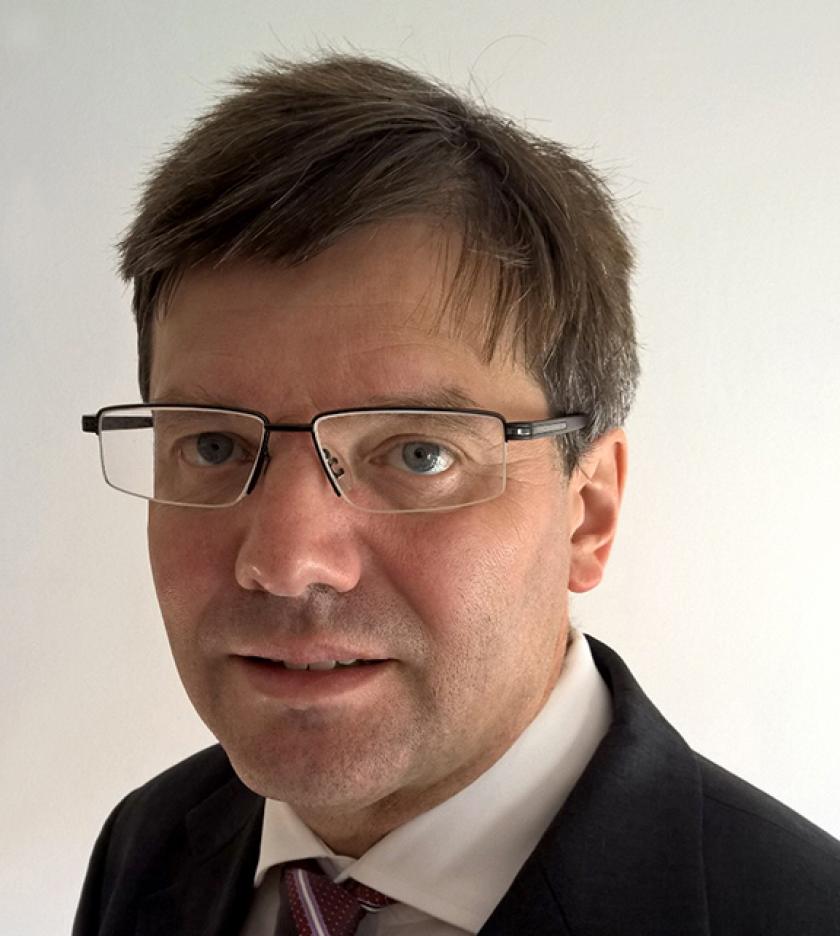
Andreas Witt, director of the Research Infrastructure Division at the Institute for German Language, has been selected by the iSchool faculty as a research fellow for the 2016-2018 academic years. Research fellows are chosen because their work is relevant to the interest of the School's faculty and students. Each will give at least one lecture during their appointment.
A leading figure in digital humanities, Witt has been involved in large infrastructure projects such as CLARIN-D, TextGrid, and the SFB 441 linguistic data structure at the University of Tübingen. He was one of the early promoters of linguistic annotation standards such as TEI for Linguists and is an active member of international annotation standards steering committees as well as the steering group of the Leibniz Research Alliance Science 2.0. In addition to his affiliation with the iSchool, he holds an honorary appointment at the Institute for Computational Linguistics at Heidelberg University.
"As a computational linguist working in the field of text encoding, annotation science, and markup technology for many years, I have always regarded the University of Illinois as one of the most interesting environments in my field. Almost 10 years ago, I had the opportunity to visit Urbana-Champaign for the first time when it hosted the conference, Digital Humanities 2007," Witt said.
"As a research fellow, I would like to work with iSchool researchers in two different fields I am currently interested in: (1) automatic assignment of impact types for text passages in official project reports published by research institutions; and (2) legal and ethical issues within the social sciences and humanities in the digital age."
Witt received his PhD in computational linguistics and text technology from the Bielefeld University in 2002. He served as an assistant lecturer in the Text Technology group at Bielefeld before moving to Tübingen in 2006, where he was involved in projects on the sustainability of linguistic resources and the interoperability of language data. Since 2009 Witt has served as a senior researcher in the Institute for the German Language in Mannheim.